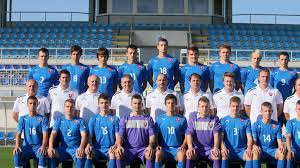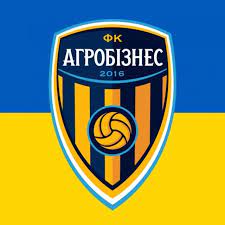
The Slovakia U17 football team is an emerging force in European youth football, representing the nation’s future talent pool and sporting potential. Focusing on players under the age of 17, this team not only highlights Slovakia’s dedication to youth development but also serves as a proving ground for young athletes aiming to make it into senior professional ranks. The journey of Slovakia U17 is filled with challenges, opportunities, and glimpses of future stars that could reshape Slovak football in the years to come https://nhacaiuytin.ooo/.
The Development Pathway in Slovakia U17 Youth Football
In understanding the significance of Slovakia U17, it’s crucial to explore the broader structure of youth football development within Slovakia. This pathway involves grassroots programs, club academies, national youth teams, and talent identification systems. Each stage plays an integral role in nurturing young talent and preparing them for higher levels of competition.
The Role of Club Academies in Nurturing Talent
Slovak club academies are the foundational pillars in developing young players. These institutions focus on technical, tactical, physical, and psychological training, ensuring that players grow holistically.
Infrastructure and Resources
Most prominent Slovak clubs like Slovan Bratislava, MŠK Žilina, and DAC Dunajská Streda have invested heavily in their youth academies. Modern infrastructure such as state-of-the-art training grounds, video analysis facilities, and sports science departments help nurture talent effectively.
Despite these advancements, disparities still exist between top-tier clubs and smaller local teams. Ensuring equitable access and standardized coaching across all regions remains a challenge for Slovak football authorities. A significant part of Slovakia’s future success hinges on expanding resources to develop talent from rural and underserved communities.
Coaching Philosophy and Youth Training
The coaching approach at Slovakia U17 academies emphasizes technical proficiency, tactical awareness, and mental resilience. Coaches employ innovative methods, blending traditional drills with modern technology to enhance learning outcomes. Emphasizing individual skill development over mere team tactics prepares players for versatile roles on the pitch.
Furthermore, coaches often incorporate psychological support and life skills education, recognizing that holistic player development extends beyond physical abilities. By fostering confidence, discipline, and resilience, they aim to produce well-rounded athletes ready for the pressures of international competition.
Player Progression and Transition to Senior Teams
A systematic scouting network identifies promising talents early, guiding them through various youth age categories. Players who excel at U15 or U16 levels are gradually integrated into U17 and eventually U19 squads before making senior team debuts.





